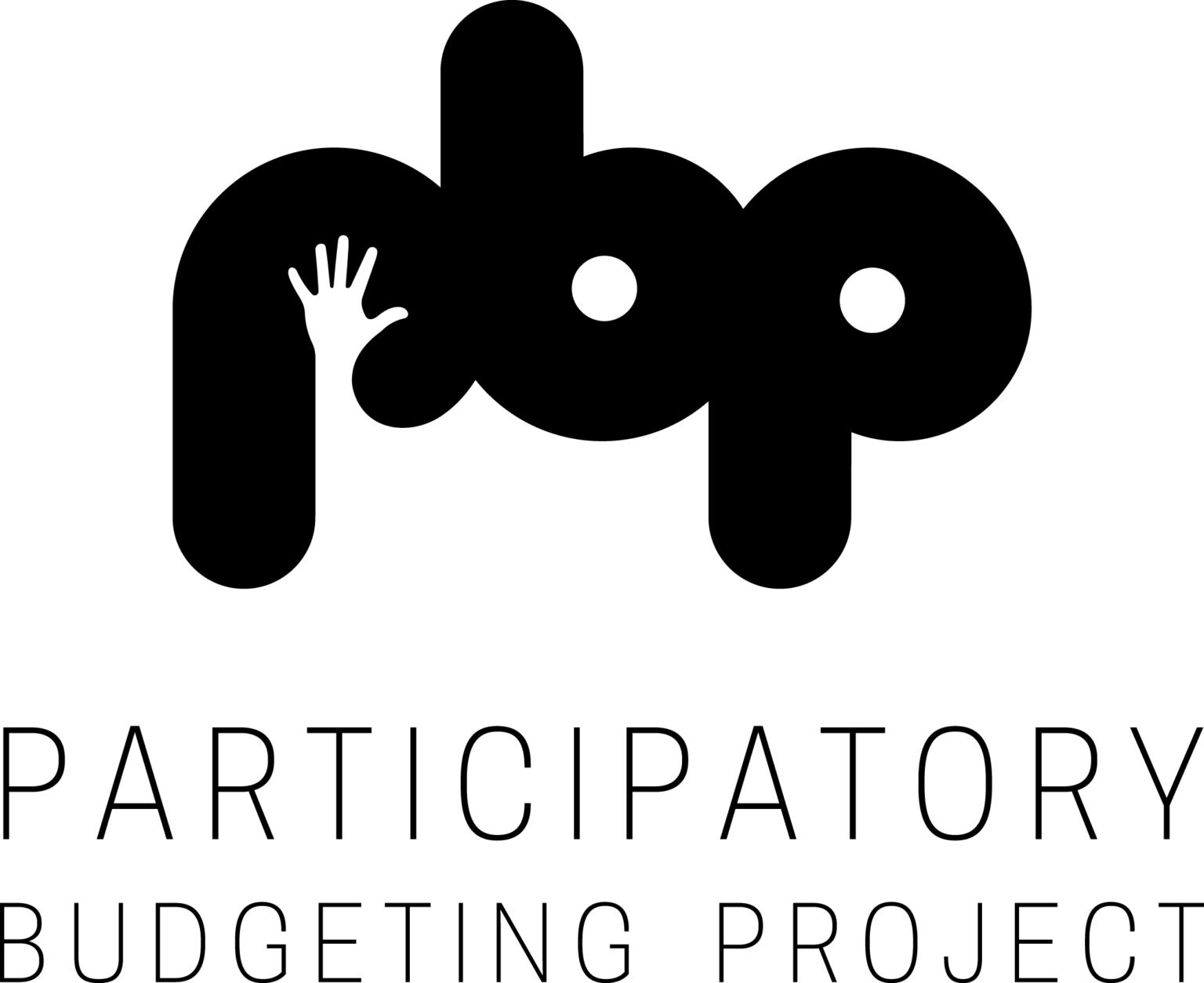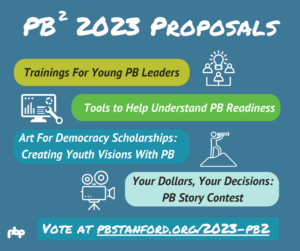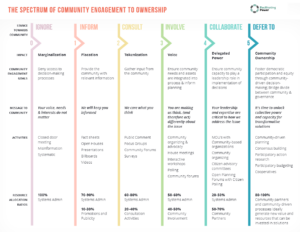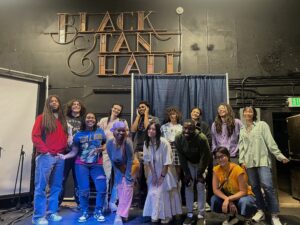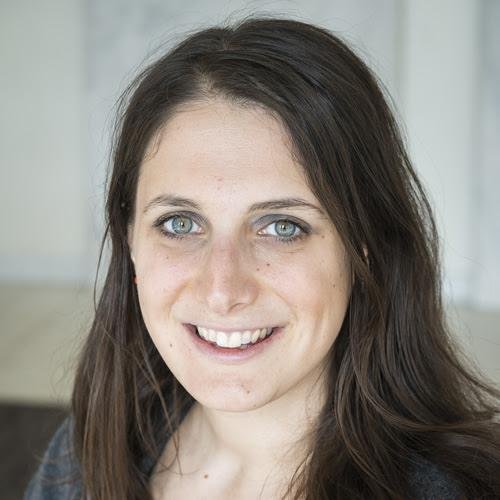 Author of Democracy Reinvented, Hollie Russon Gilman tells us how she became engaged with participatory budgeting. A fellow at the Harvard Kennedy School, scholar at Columbia University’s School of International and Public Affairs (SIPA) and basically the wonder woman of democracy and civic innovation, Hollie is currently teaching a “Technology and the Future of Governance and Public Policy” course where she explores the reach of technology and its ability to change community engagement as we know it.
Author of Democracy Reinvented, Hollie Russon Gilman tells us how she became engaged with participatory budgeting. A fellow at the Harvard Kennedy School, scholar at Columbia University’s School of International and Public Affairs (SIPA) and basically the wonder woman of democracy and civic innovation, Hollie is currently teaching a “Technology and the Future of Governance and Public Policy” course where she explores the reach of technology and its ability to change community engagement as we know it.
Check out what this New Yorker has to share from her research on PB and the opportunities it can create for advancing democracy.
PBP: What does your research focus on? And could you tell us how you got involved in researching PB?
HRG: Having studied PB and learned about the process in Brazil, I first learned about PB in the United States through meeting Joe Moore when he was giving a talk up in Cambridge, MA. I spoke with him, expressing my initial skepticism about this process occurring in Chicago — which seemed like an unlikely home — and he helped me understand and become excited about PB’s potential in the United States. Being a native New Yorker, I was delighted to attend an information session in the late Summer before the first year of the process. I ended up being very inspired by what I saw there and writing my political science dissertation on the process. These findings helped inform my recent book, which looks at PB and the broader trend of civic and social innovations occurring throughout the country. I currently teach, write, and research the opportunity for digital tools to improve democratic participation and strengthen institutions of governance.
There is no one size fits all for PB and the process is rapidly expanding and changing all the time.
PBP: What do you think are the most interesting findings in your research? What are the most important?
HRG: In general, people who participate find the process very fulfilling and are personally gratified by having the opportunity to be genuinely empowered in decision making. While they can sometimes be frustrated about the process or not having their own work funded, over all, people are glad to be a part of the process and learn how governance gets done in practice.
PBP: What are the biggest challenges you’ve encountered in researching PB and how have you tried to overcome them?
HRG: There is no one size fits all for PB and the process is rapidly expanding and changing all the time. In the United States this presents challenges for data collection and ensuring policy recommendations that can be applicable across localities. Thus, it is a challenge to produce rigorous research while also adapting to the evolving nature of the process.
PBP: What has been the most rewarding part about researching PB?
HRG: Getting to witness people who are genuinely passionate about improving our democracy.

